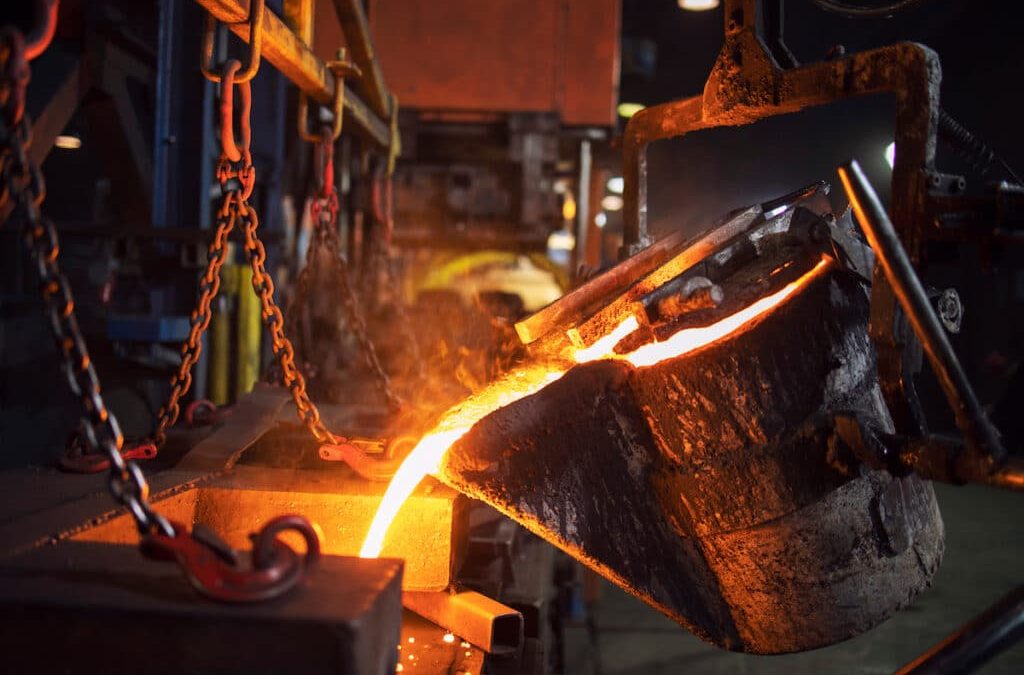BHP is teaming up with the world’s largest steelmakers to conduct a pre-feasibility study (PFS) into carbon capture, utilisation and storage (CCUS) opportunities in Asia.
ArcelorMittal Nippon Steel India, JSW Steel, Hyundai Steel, Chevron and Mitsui & Co. have joined BHP in launching Asia’s first independent, industry-led PFS into large-scale CCUS hubs.
Hatch has been appointed project management officer in collaboration with the Global CCS Institute, McDaniel and Pace CCS.
The study will explore technical, commercial and regulatory pathways for capturing and either repurposing or storing carbon dioxide from hard-to-abate sectors such as steelmaking.
“BHP is committed to supporting our steelmaking customers on their journey to decarbonise the industry,” BHP vice president marketing sustainability Ben Ellis said.
“With more than one billion tonnes of production a year in Asia coming from blast furnace capacity that is relatively early in its production life, it’s important for industry to progress technologies to decarbonise existing steelmaking assets while new commercial pathways to decarbonise steelmaking are developed over time.
“By leveraging shared knowledge and resources with our partners, we are investing in support for innovative solutions like the potential of CCUS that we see as an essential part of decarbonising hard-to-abate sectors such as steelmaking.”
Each consortium member will be involved in at least one proposed hub, with the goal of aggregating captured CO₂ into large enough volumes to optimise costs, unlock utilisation solutions and share risks across multiple industries.
The consortium’s study will look at ways to solve scale challenges by aggregating captured carbon into sufficiently large quantities to optimise the unit cost of capture, transportation, and storage.
It will also provide sufficient scale for economic utilisation solutions and unlock novel solutions for multiple hard-to-abate industries at once, to enable regional decarbonisation efforts to be accelerated, and/or ensure cost and risk is appropriately shared among interested parties.



